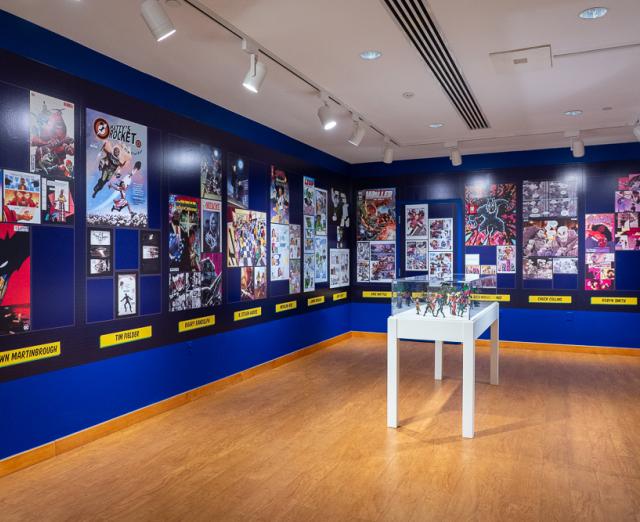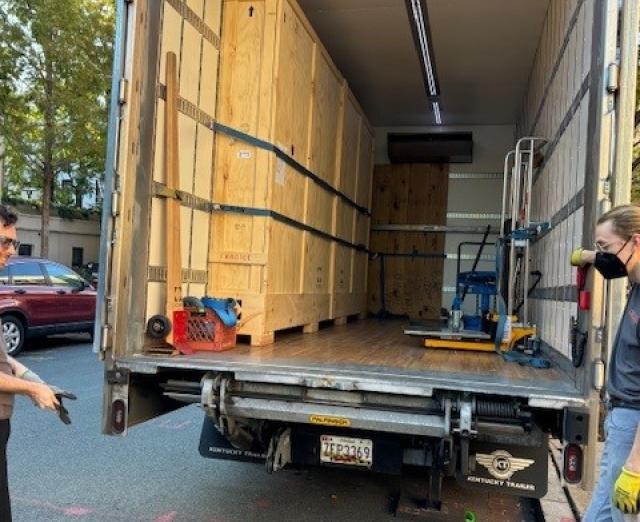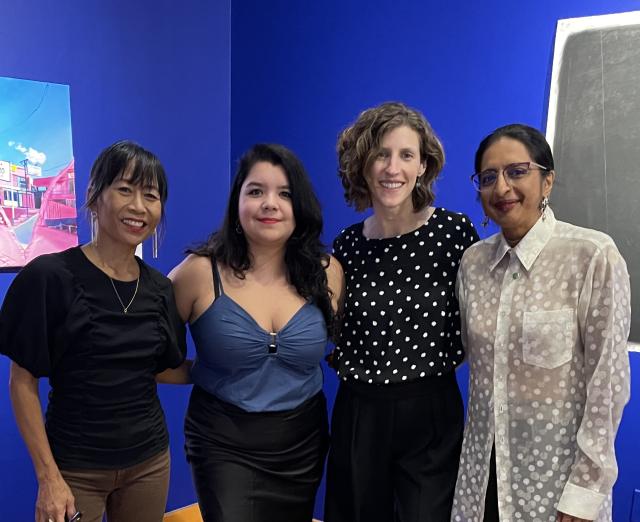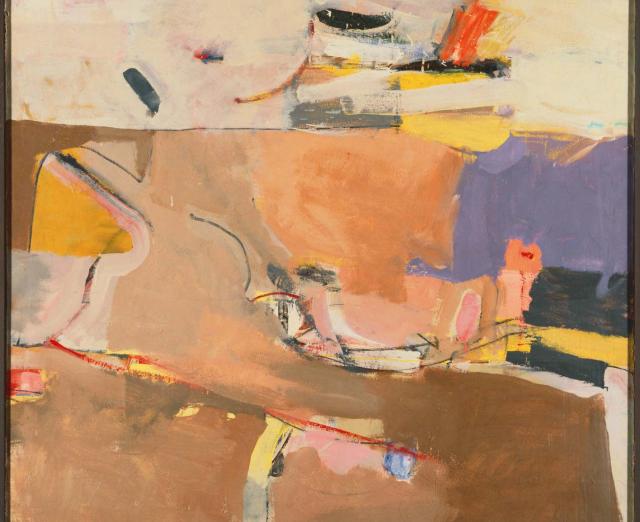Refusing Extremes in a Polarized World
Exhibitions & Events
Max Rosenberg, 2016-17 UMD-Phillips Collection Postdoctoral Fellow in Modern and Contemporary Art on Markus Lüpertz
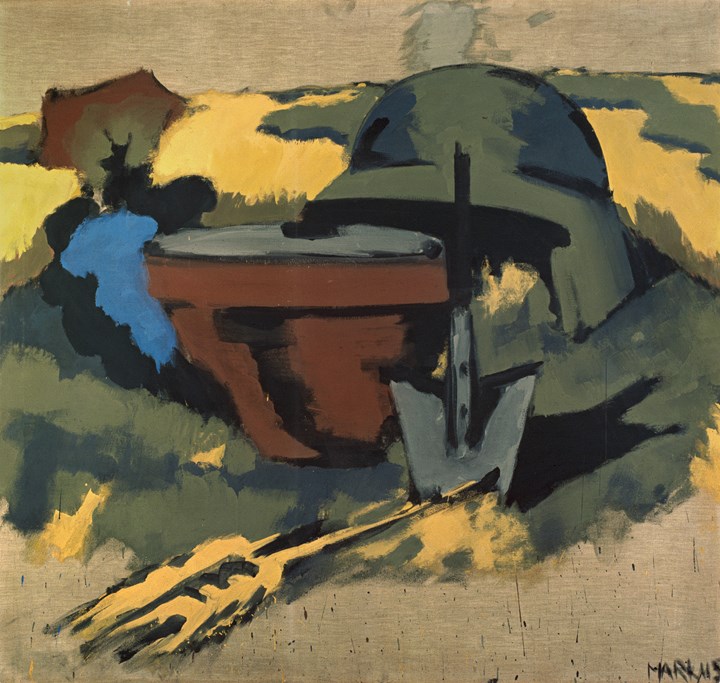
The Cold War and the global divide between the Capitalist West and the Socialist East led to the politicization of both abstraction and realism. In New York, the new art capital of the postwar era, Abstract Expressionism was cast as a symbol of freedom and individualism that was meant to contrast with the oppressive, restrictive realism of soviet and socialist art. Often covertly through the CIA, the US Government began supporting exhibitions of Abstract Expressionism abroad and helped fund magazines and support critics who promoted American art. In the Soviet Union and Eastern Bloc, the art policy of Socialist Realism—realist art that heroized workers and depicted the progress of the socialist utopia—was presented as the art of the people and was pitted against the imperialistic capitalist West whose art of abstraction was derided as indulgent and bourgeois. Thus, both abstraction and realism were politicized in the Cold War, and Germany—literally split between Socialist East and Capitalist West—embodied this divide. From this standpoint, Markus Lüpertz’s mix of abstract and representational imagery becomes both more understandable and more engaging. Negotiating between these two positions, Lüpertz’s insistence that the “object is not important” can be understood as a kind of refusal of both extremes of this polarized world. While the human body, or the appearance of helmets or knives inevitably engages German history, Lüpertz often situates these forms within a kind of unknowable, surrealistic setting that keeps them from ever satisfying the desire to “understand.”
